
What Your Belly Is Trying to Tell You
Understanding Abdominal Pain: What Your Belly Is Trying to Tell You
Abdominal pain — the classic “bellyache” — is something almost everyone experiences at some point. Sometimes it’s mild and harmless, disappearing as quickly as it came. But other times, it can be your body’s way of signaling that something more serious needs attention.
Your abdomen houses multiple organs, muscles, and nerves, so understanding where the pain comes from can provide important clues. Let’s break down the possible causes, what different locations of pain might mean, and when it’s time to seek medical help.
What Is Abdominal Pain?
Abdominal pain refers to discomfort felt in the area between your chest and your pelvis. It may feel:
-
Sharp or stabbing
-
Dull or achy
-
Cramp-like
-
Burning
-
Constant or intermittent
-
Mild or severe
Many cases are caused by simple issues like indigestion, trapped gas, or constipation. But abdominal pain can also be linked to infections, inflammation, organ problems, or even conditions outside the abdomen that radiate pain inward.
Understanding the pattern and location of your pain can help narrow down the cause.
Pain on the Left Side of Your Abdomen
Lower Left Side
The lower left abdomen is most commonly affected by:
1. Diverticulitis
This occurs when small pouches in your colon (diverticula) become inflamed or infected. Symptoms may include:
-
Sharp or aching pain
-
Fever
-
Constipation or diarrhea
-
Nausea
It’s especially common in adults over 40.
2. Irritable Bowel Syndrome (IBS)
This long-term digestive condition causes:
-
Recurrent abdominal pain
-
Bloating
-
Irregular bowel movements
IBS pain often improves after a bowel movement.
Upper Left Side
Pain in this region can come from several important organs, including the stomach, spleen, and pancreas.
Possible causes include:
-
Pancreatitis (inflammation of the pancreas)
-
Pancreatic cancer
-
Enlarged spleen (splenomegaly)
-
Gastritis
-
Stomach ulcers
-
Acid or bile reflux
-
Stomach cancer
-
Kidney stones or kidney infection
Because nerves overlap between the chest and upper abdomen, pain here can also be mistaken for—or caused by—heart or lung conditions, such as:
-
Heartburn or severe acid reflux
-
Angina or heart attack
-
Pericarditis (inflammation of the membrane around the heart)
-
Pneumonia
-
Pleurisy
-
Pulmonary embolism (a blood clot in the lungs)
Pain on the Right Side of Your Abdomen
Lower Right Side
This is the classic location for appendicitis, a medical emergency. Symptoms include:
-
Sharp pain that begins near the belly button and moves to the lower right
-
Fever
-
Nausea and vomiting
-
Loss of appetite
Appendicitis usually requires prompt surgery.
Upper Right Side
This region contains your liver, gallbladder, and part of your intestines. Pain here may come from:
-
Hepatitis (viral, alcoholic, or autoimmune)
-
Gallstones
-
Cholecystitis (gallbladder inflammation)
-
Liver disease or cancer
-
Gallbladder cancer
-
Kidney infection or stones
-
Duodenal ulcers
-
Bowel obstruction
Because this area plays a major role in digestion, pain may worsen after eating fatty or greasy foods, especially in gallbladder problems.
When to Call the Doctor
Not all abdominal pain is dangerous, but you should contact your doctor if you experience:
-
Severe or worsening pain
-
Pain that lasts more than a few hours
-
Tenderness when you touch your belly
-
Vomiting that lasts more than 48 hours
-
Signs of dehydration (dark urine, dizziness, dry mouth)
-
Painful or frequent urination
-
No bowel movement combined with vomiting
These symptoms may indicate infection, inflammation, or an obstruction that requires medical care.
When to Call 911 or Seek Emergency Help
Seek emergency attention immediately if you:
-
Have chest pain or difficulty breathing
-
Recently suffered an abdominal injury
-
Vomit blood or have black or bloody stools
-
Are pregnant and experiencing abdominal pain
-
Notice severe swelling or rigidity in the abdomen
-
Develop jaundice (yellowing of skin or eyes)
-
Experience unexplained weight loss
-
Cannot pass gas or stool accompanied by vomiting
These can be signs of serious or life-threatening conditions.
Final Thoughts
Abdominal pain can be as harmless as indigestion or as serious as a medical emergency. Your body uses pain as a warning system—so listen when it speaks. If your symptoms seem unusual, severe, or persistent, don’t ignore them.
When in doubt, it’s always safer to consult a healthcare professional for proper diagnosis and treatment.
News in the same category

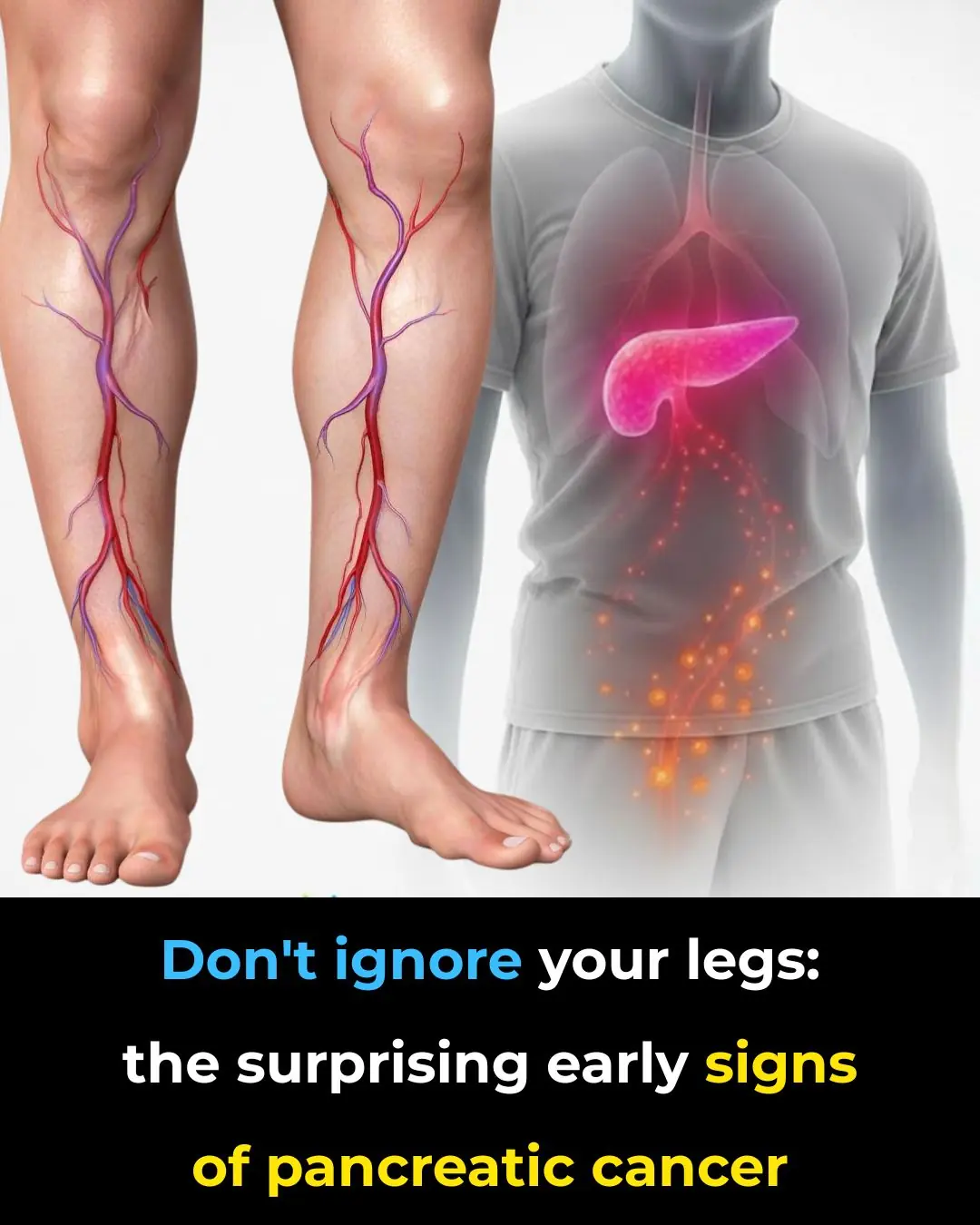
Don’t ignore your legs: the surprising early signs of pancreatic cancer
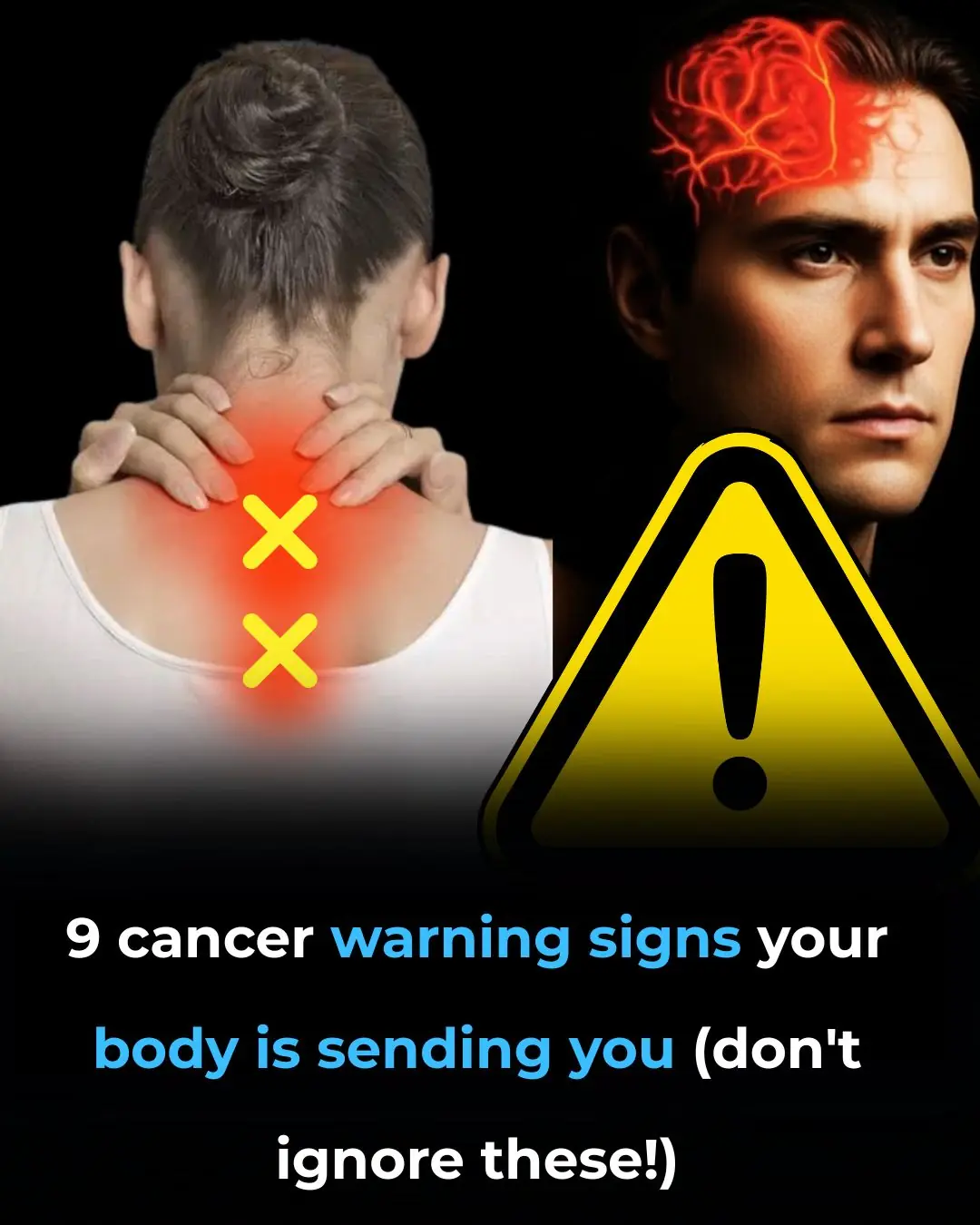
9 cancer warning signs your body is sending you (don’t ignore these!)

Texas reports 4× surge in whooping cough cases — health officials issue statewide alert
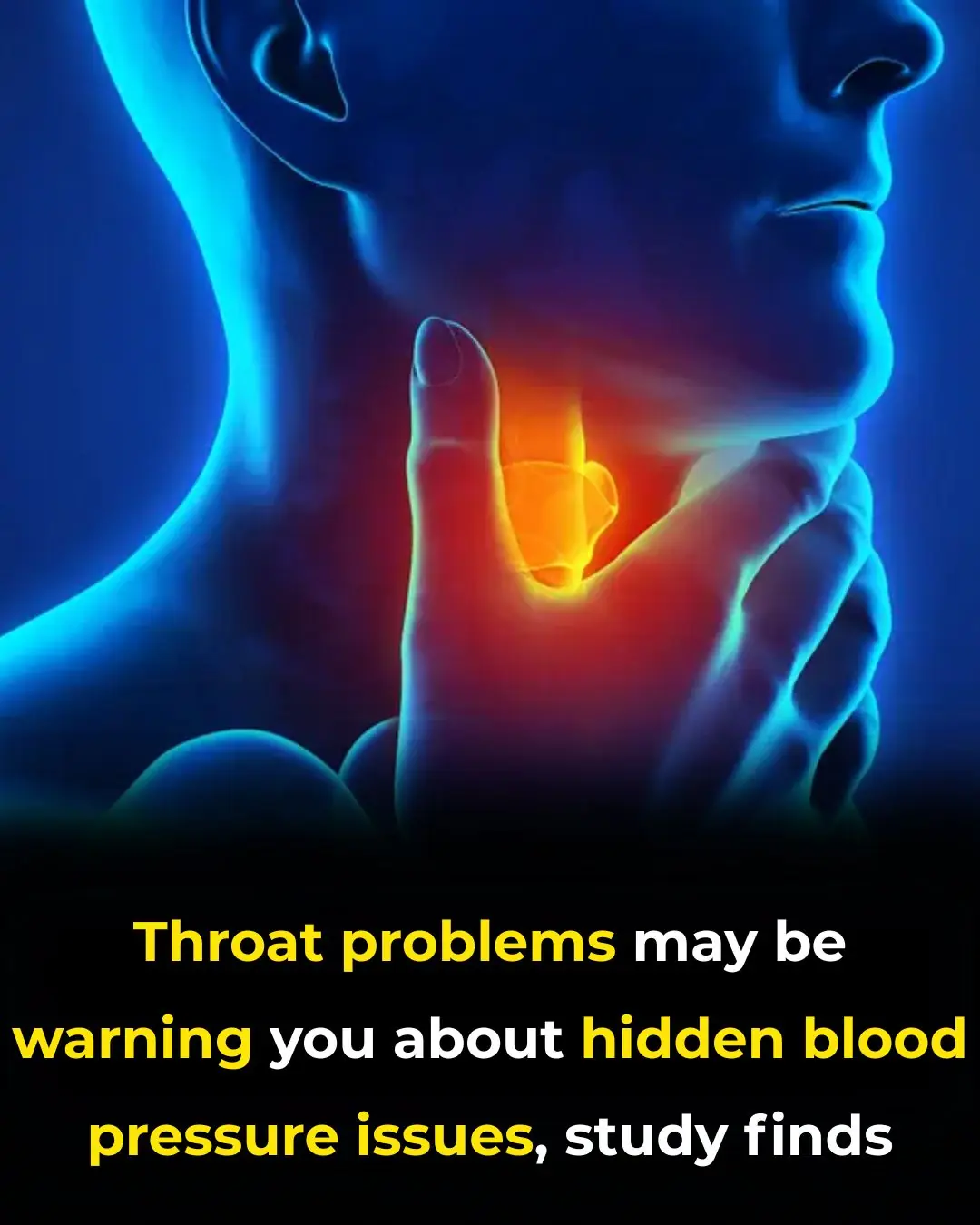
Throat problems may be warning you about hidden blood pressure issues, study finds
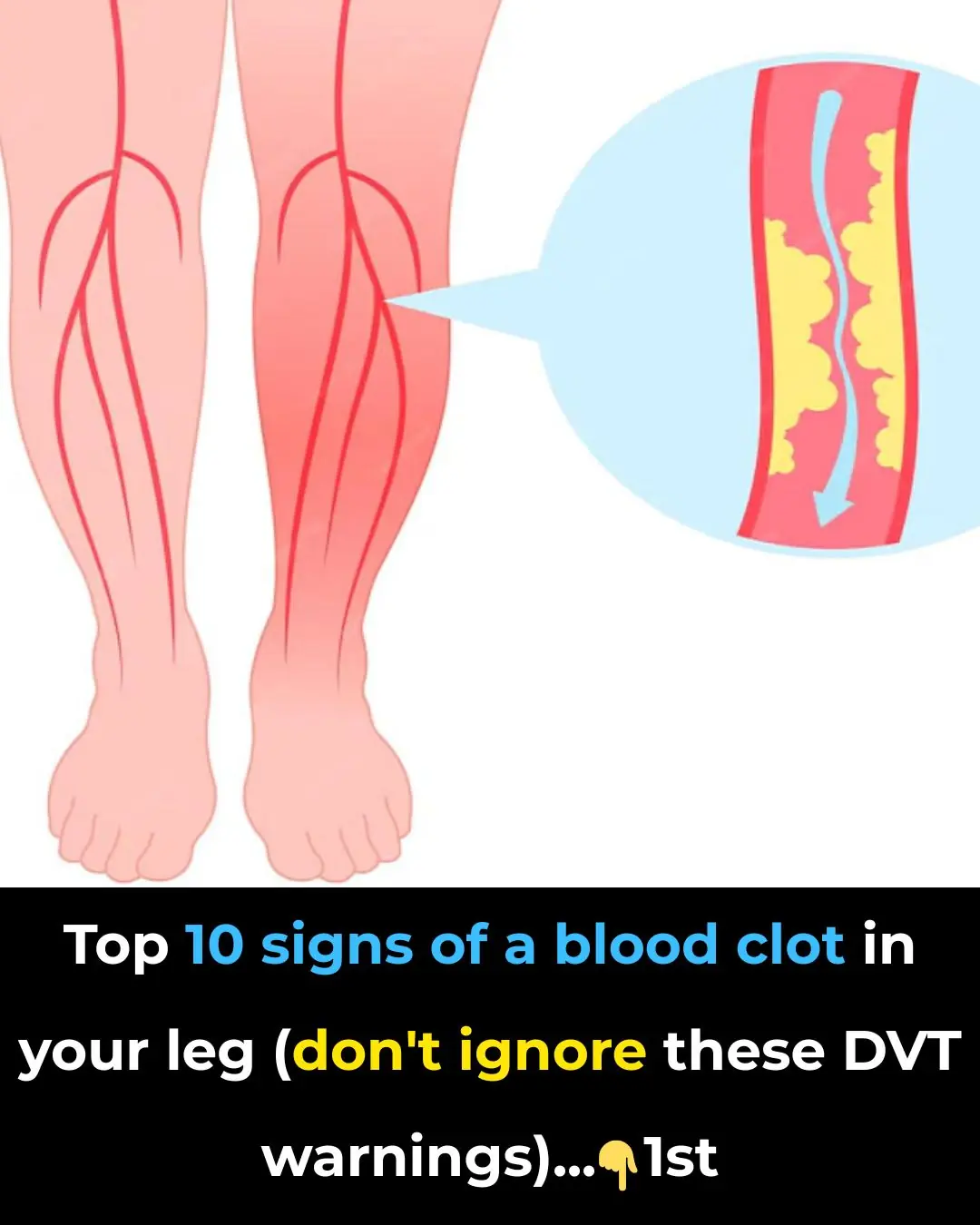
Top 10 signs of a BLOOD CLOT in your leg (prevent Deep Vein Thrombosis)

Say Goodbye to Parasites, Cholesterol, High Blood Pressure, and Poor Circulation With This 7-Day Homemade Drink
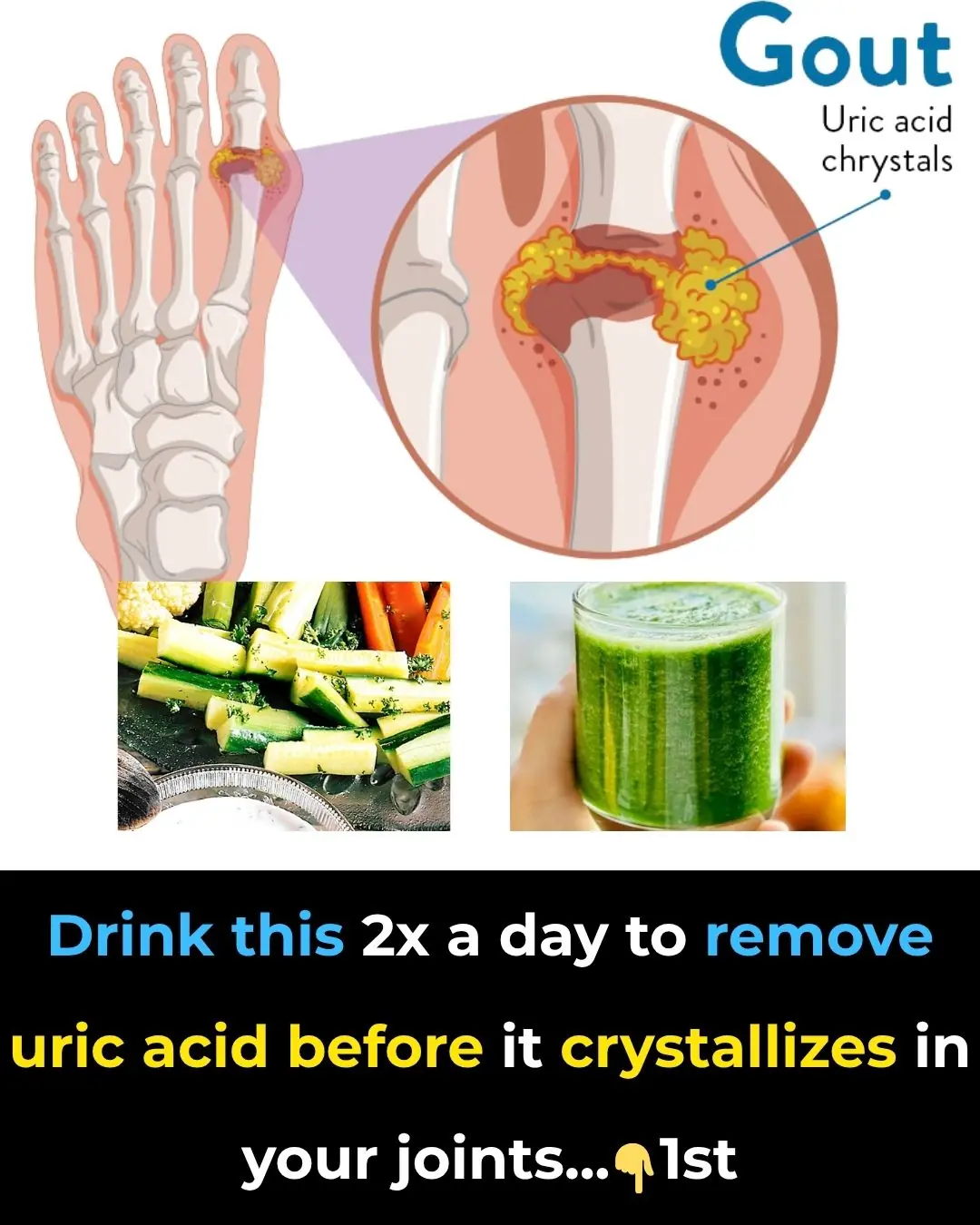
Drink This 2X a Day to Remove Uric Acid Before it Crystallizes in Your Joints and Becomes Painful
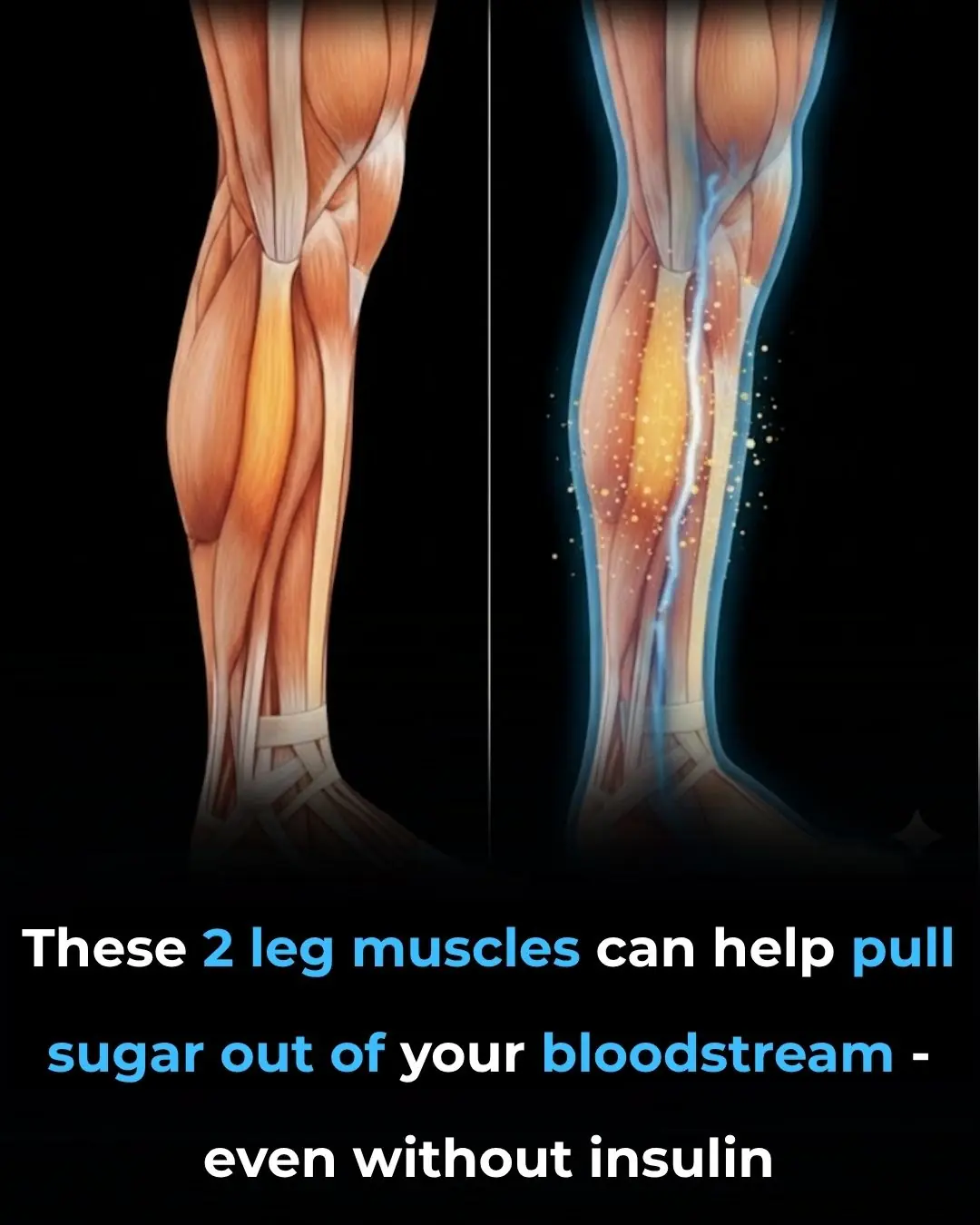
Lower blood sugar naturally by training just 2 leg muscles

3 Food Combo to Strengthen Your Heart
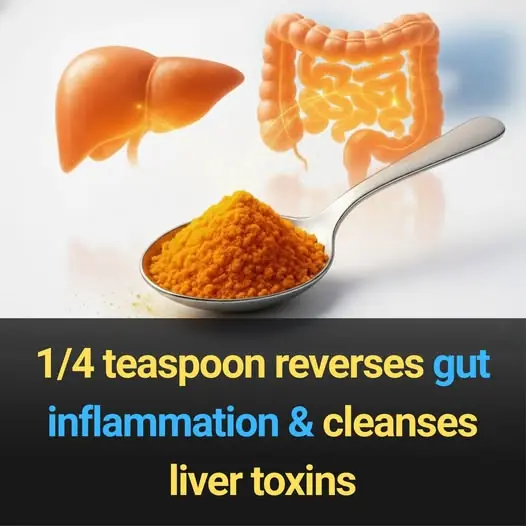
1/4 teaspoon reverses gut inflammation & cleanses liver toxins

Vitamin D3 cuts second heart attack risk by half
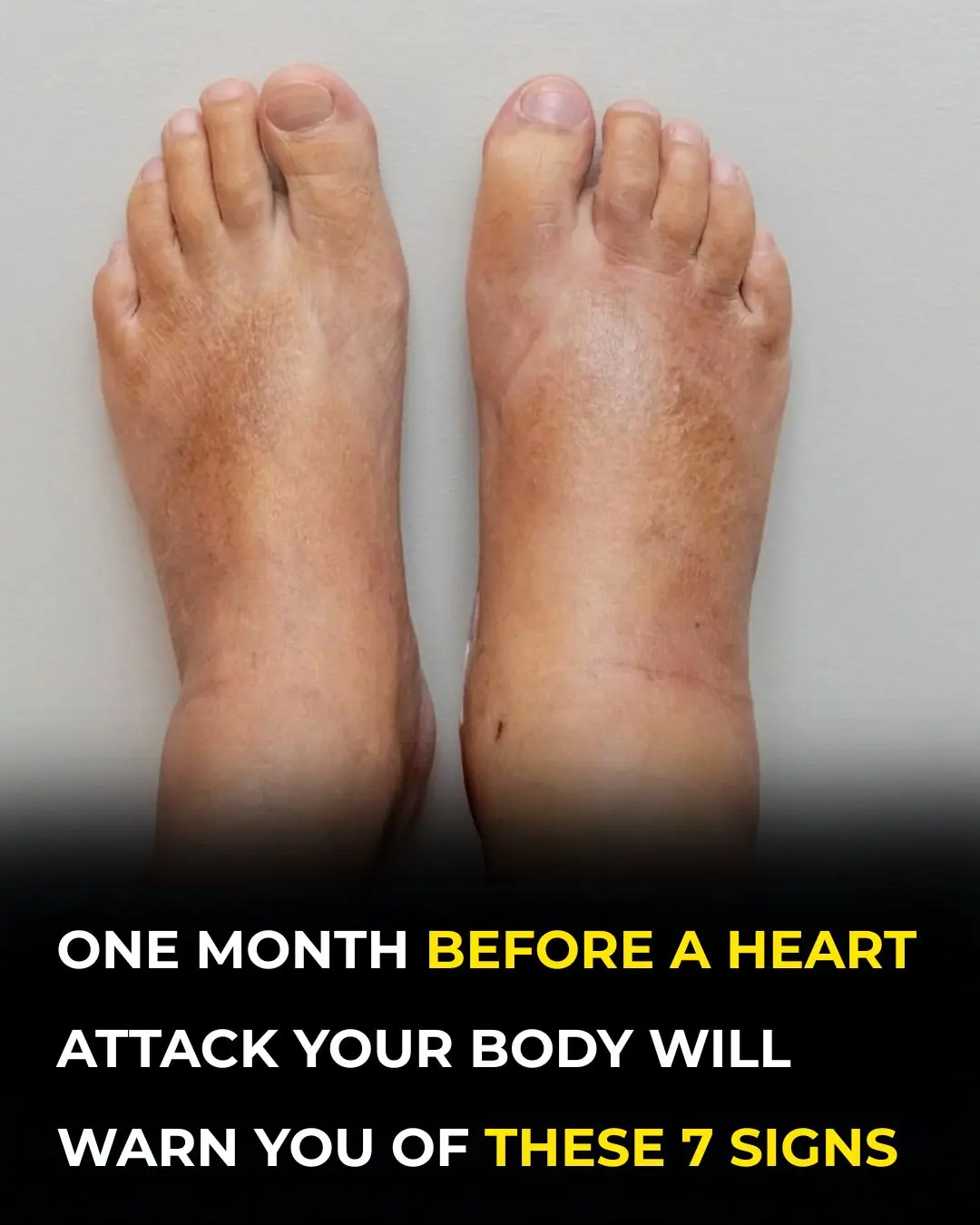
One Month Before A Heart Attack, Your Body Will Warn You Of These 7 Signs

4 vitamins to reverse neuropathy and damaged nerves – relieve foot & hand pain fast!

1st death linked to “meat allergy” spread by ticks, doctors confirm

Ignite Your Day: Eggs + Coffee for Unstoppable Stamina & Vitality
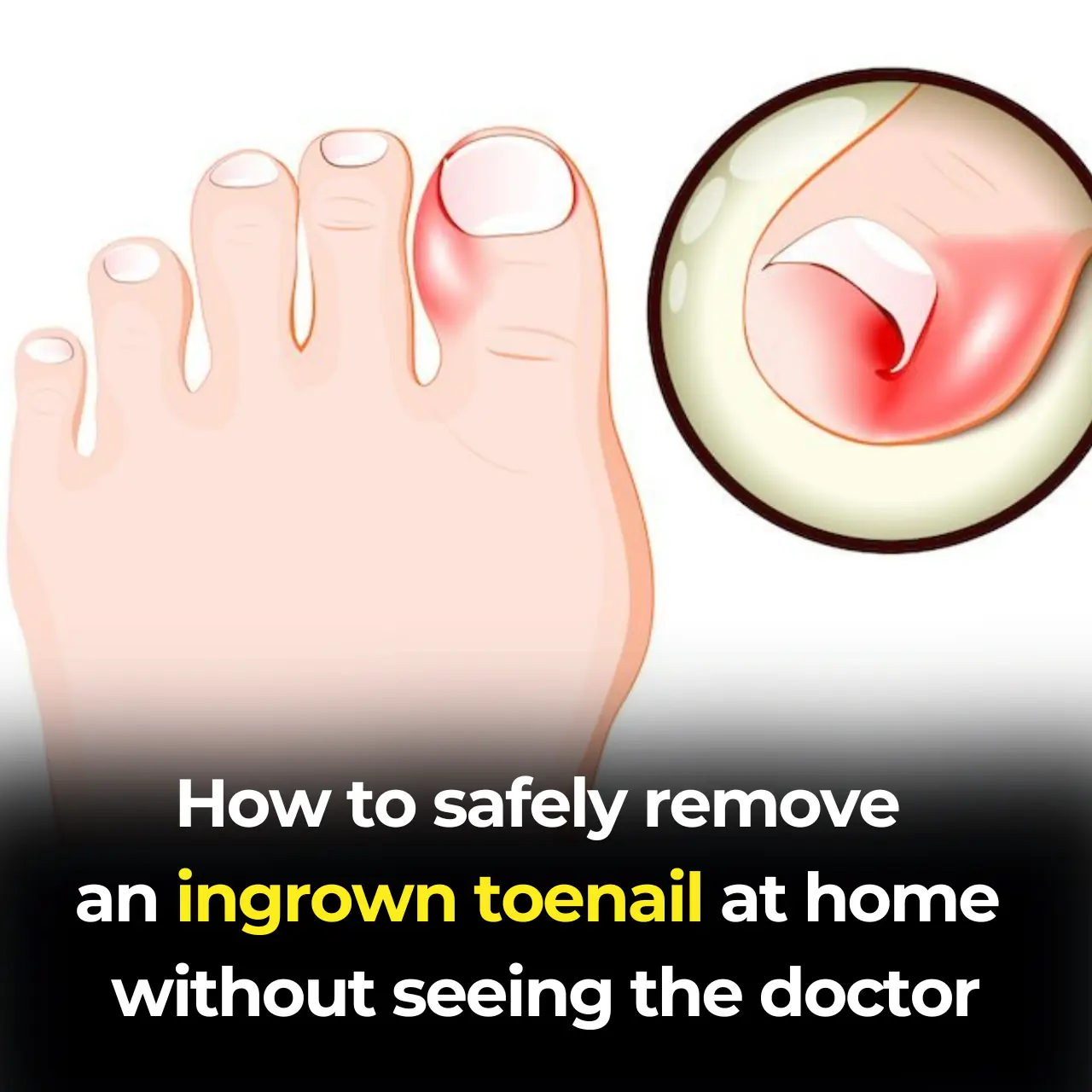
How to Effectively Remove a Painful Ingrown Toenail WITHOUT Having To Go To The Doctor
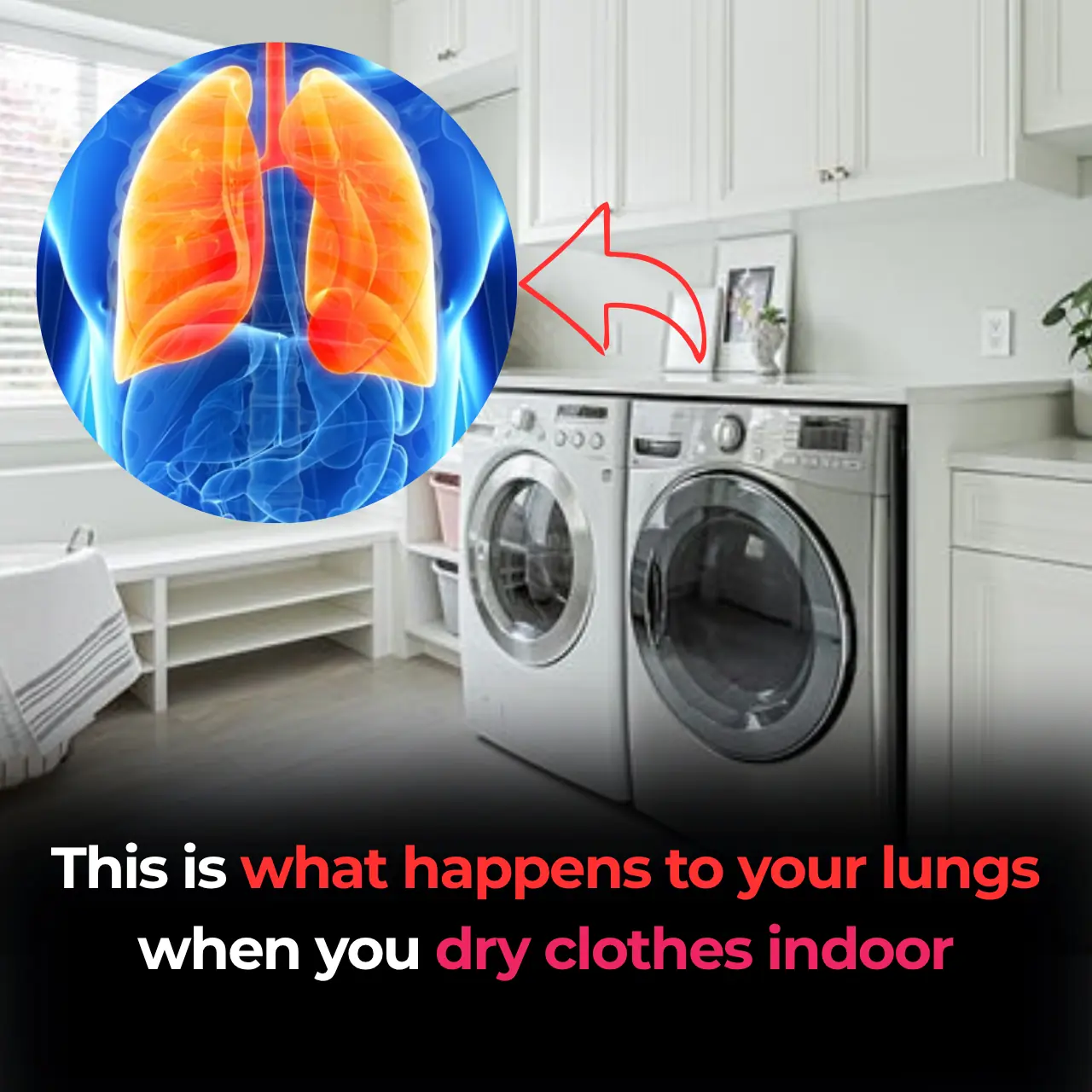
This Is What Happens To Your Lungs When You Dry Laundry Indoors
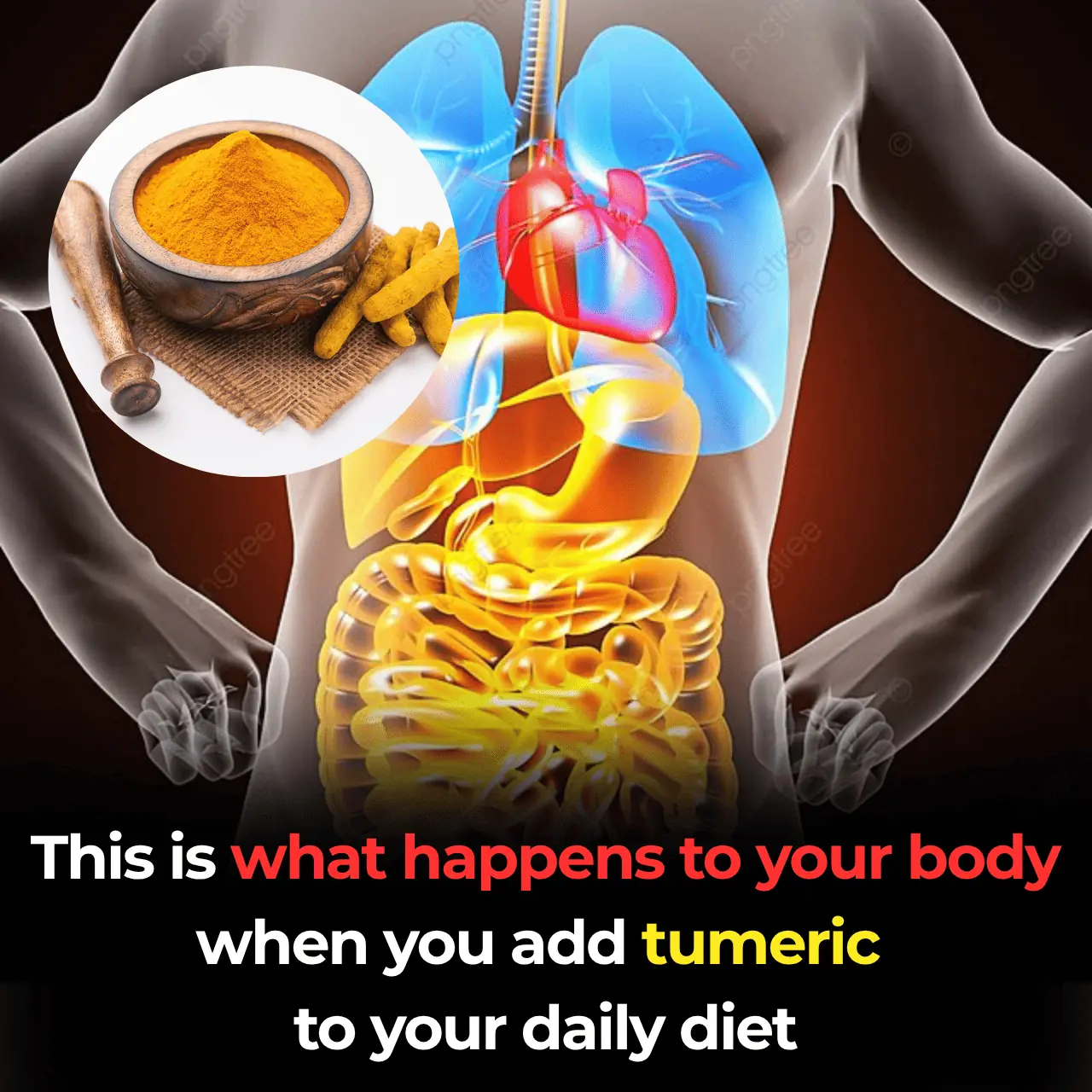
Medicinal Health Benefits of Turmeric, Curcumin and Turmeric Tea Based on Science
News Post

Why should you drop a clove of garlic into the toilet at night?

4 ways to boil chicken without water

5 Best Collagen Toners For Wrinkle Free Glowing Skin

Rice water is like gold in the house if you know how to use it for these things

7 Days Indian Glass Skin Challenge

I Just Discovered the Benefits of Hanging a Bottle Cap on a Keychain

4 Dangerous Mistakes When Using an Air Fryer: Risks of Food Poisoning, Cancer, and Fires

Coffee Baby Oil Vitamin E Formula: Collagen Cream For Wrinkle Free Glowing Skin

Lady places cup of vinegar into microwave. Here’s the genius reason why

I had no idea this was a thing

6 ways to use wind oil to help repel mosquitoes extremely well

10 odd home fixes you’ll wish you learned years ago

12 weird but genius ways to unclog things naturally

Put borax on wax paper and slide it under fridge. Here's why

How to Grow Cucumbers in Pots for Heavy Harvests All Season Long

How to make steamed pears with rock sugar is both delicious and nutritious
Let’s take a look at some tips to help keep your kitchen space clean and free of unpleasant odors.

Drinking Roasted Black Bean and Ginger Tea for 7 Days Brings 3 Major Health Benefits

Never Clean Your Light Switches with Water — Here’s a Safe Trick to Make Them Look Brand New
